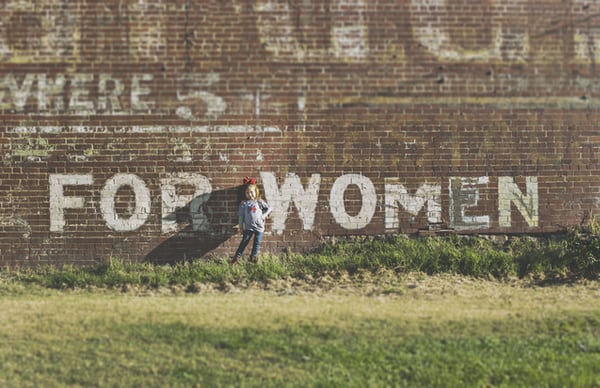Content warning: this article discusses issues such as sexual harassment.
In light of recent events regarding the Sarah Everard case, society has begun to recognise that sexual harassment is much more prominent in our lives than many believed. Were our preconceived childhood fears overlooked? Shockingly, in 2021, walking home alone at night becomes the thing we now fear most.
Our Childhood Fears.
We all have that one fear that’s stayed with us from our childhoods, whether that is spiders, clowns or the dark. But we never thought our biggest fears as teenagers and adults would become a severe expression of our childhood terrors.
As a child there was always an emphasis by adults on ‘stranger danger’. This provided us both as boys and girls with a heightened awareness of our surroundings. Schools normalised practising self-defence, such as using our heels, keys and carrying alarms as a form of protection.
Why did we need to be taught how to defend ourselves so young? Instead why was nothing physically done to remove attackers from our streets? It’s simply because the older generation recognised that sexual harassment would only worsen as we grew up.
As girls, many of us can remember lorries beeping their horns and sexually harassing us for walking home in our school uniforms. It is only now that we fully recognise that it wasn’t innocent.
Although we simply feared monsters as children, society never knew that these ‘monsters’ concerning our lives would be the ones to follow us home, catcall obscene language at us and wolf-whistle through their car windows. And the worst thing is these are only the ‘minor’ things attackers are now capable of.
It’s Now Us Against Attackers.
The plight to remove sexual harassment is not about women going against men, it is now about all of us against attackers.
Present day research reveals to us that 97% of women aged 18-24 have experienced some form of sexual harassment, and 96% were unwilling to report their cases in the belief that nothing would be done to rectify the situation.
This figure clearly reflects that learning self-defence is essential for our survival. After experiencing sexual harassment, many women feel that nothing can be done to help them or even prevent it from happening again.
Nonetheless some men see sexual harassment stories as damaging to them, which is understandable. Yet many offer to walk us home as they’re aware of what other male attackers are capable of.
To put this into perspective, the analogy that not all wasps will sting you, but if one kept following you, you’re ultimately going to feel scared, fearful and uneasy, reflects the feelings of women walking alone at night. We don’t know the attacker who sexually harasses each one of us. So ultimately we fear them as we’re unconscious to their capability, like the sting of a wasp.
This licenses fear, and ultimately calls for self-defence.
What can we all do to prevent sexual harassment?
It’s important to be an active bystander if you ever witness a woman being sexually harassed. Especially if the harassment is by somebody you do not know.
This can be as simple as standing within eyeline of a harasser to warn them and the potential victim you’re near and a witness to what is happening. Stay present until the harasser has removed themselves and try to check if the victim is OK.
If you are experiencing any issues with sexual harassment here are some links below for further support:
SurvivorsUK – male rape and sexual abuse support
Galop – LGBT+ sexual violence support
Charlotte Smith
Featured image courtesy of @tinymountain via Unsplash. Image license can be found here. No changes were made to this image.

